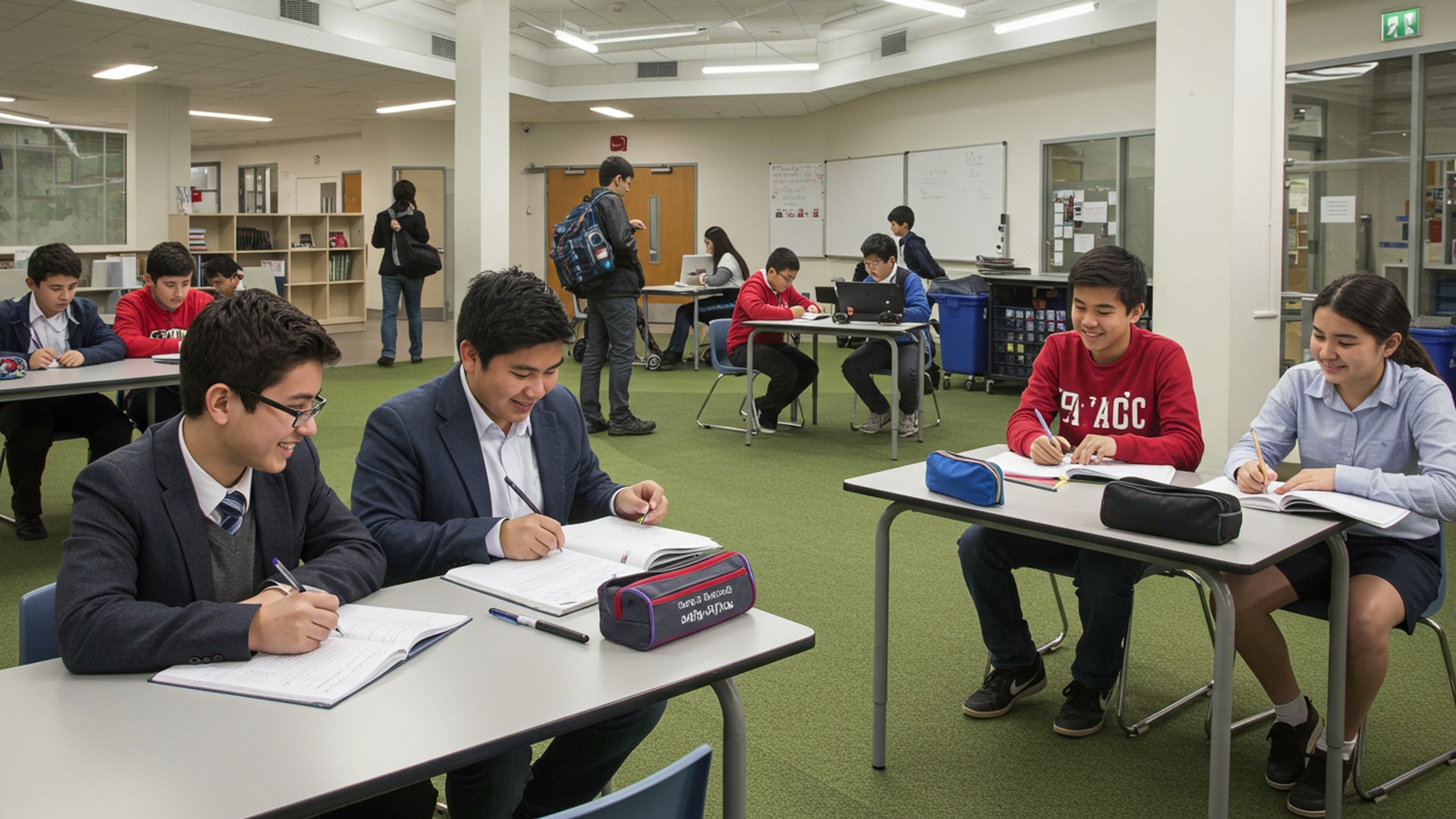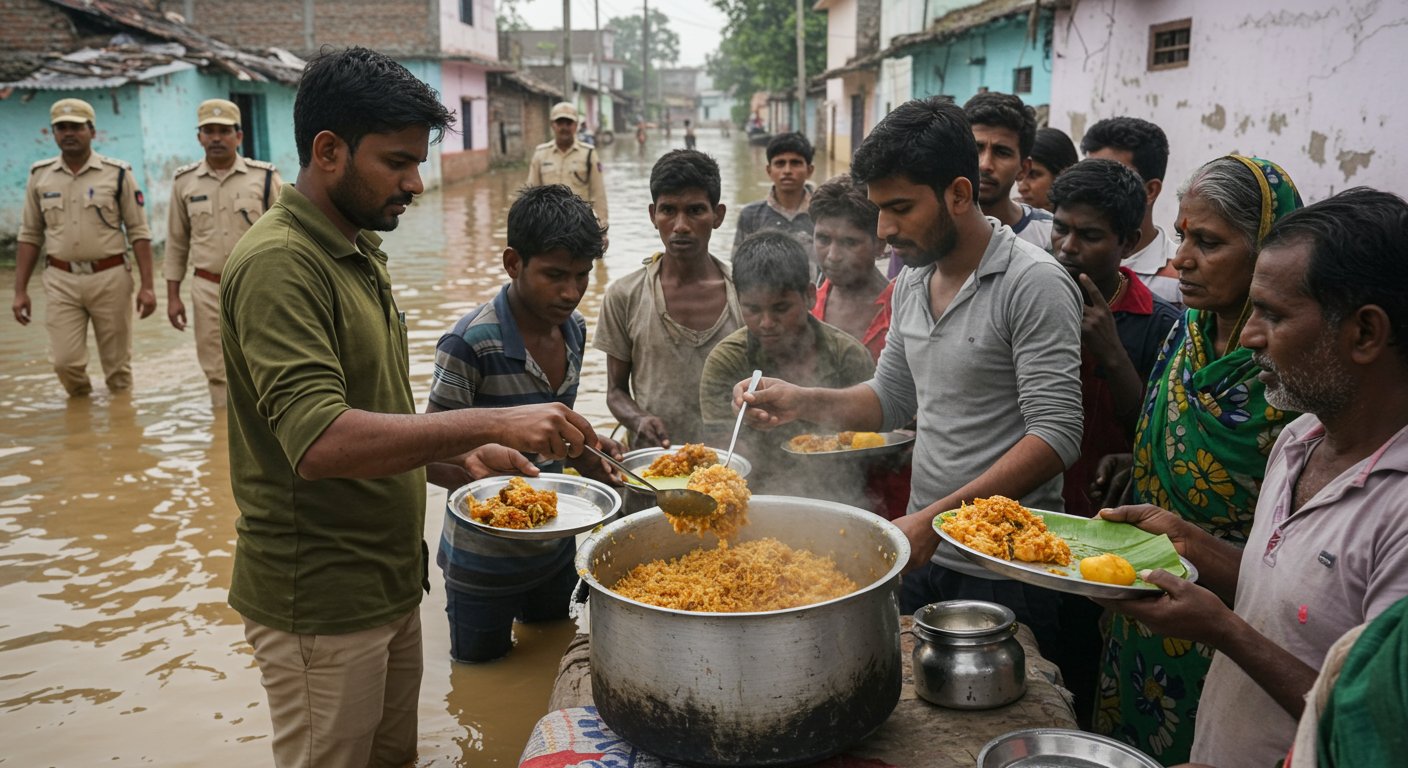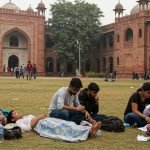Karnataka sets a new course for its education system today. The state government officially launches its own state-specific education policy, marking a major shift from the national framework. This bold move aims to tailor learning to the unique needs of Karnataka’s students, changing everything from school lessons to college studies. This decision promises to reshape how millions of young people learn and prepare for their future in the coming years.
New Education Plan Takes Shape
Karnataka is moving ahead with its own plan for education, setting a new course for students and schools across the state. The state government recently announced its decision to create a State Education Policy (SEP), which will take the place of the National Education Policy (NEP) 2020. This move comes after the State Education Policy Commission, led by Professor Sukhadeo Thorat, handed over its detailed report to Chief Minister Siddaramaiah on August 8, 2025.
The report, which is 2,197 pages long, offers many changes for both school and college education. The goal is to make sure education in Karnataka fits the local culture and needs of the people. This essential step shows the state’s plan to make education better and more specific to its own values and goals.
Reasons for the State’s Own Plan
The decision to set up a state-specific education plan comes from a belief that a single, nationwide policy does not work for a country as diverse as India. Officials in Karnataka felt that the National Education Policy 2020 was put together without enough input from individual states. This led to the view that the national plan did not fully address the unique needs, languages. cultural backgrounds found within Karnataka.
Chief Minister Siddaramaiah has stated that the state’s policy aims to bring about a complete well-being of young people. The government’s promise to create its own education framework was also a key part of the ruling party’s election promises made before the 2023 assembly polls. The idea is to make sure that the education system supports students in a way that is right for Karnataka’s communities and prepares them for future work and life.
What the New Plan Includes
The new State Education Policy suggests many crucial changes for how schools and colleges will work. For schools, the policy proposes a new structure: two years of pre-primary school, eight years of primary school. four years of higher middle education. This is different from the national plan’s 5+3+3+4 structure.
A key part of the new policy is the language system. It suggests a two-language rule for the state, where Kannada or the mother tongue will be the main language of teaching up to Class 5 in all schools. English will be the second language. This will replace the three-language rule suggested in the national policy. But, schools that teach minority languages like Urdu, Marathi, or Tamil will continue to teach three languages, with the third language being optional and not counted for exams.
When it comes to learning materials, the state policy wants to use less of the National Council of Educational Research and Training (NCERT) textbooks. Instead, it suggests creating local learning content that fits Karnataka’s social and cultural needs. The policy also recommends making sex education a full part of the studies for pre-university students (Classes 11 and 12).
For higher education, the report has 51 suggestions. These include keeping the old admission rules that were in place before NEP 2020 and starting five-year combined graduation and post-graduation courses. The policy also pushes for rules about setting aside places for certain groups of students in private, unsupported colleges. Free higher education for girls is also a suggestion. the plan calls for setting up a State Research Foundation with Rs 500 crore to support research work.
Other essential points include extending the Right to Education Act to cover all children from 4 to 18 years of age, which is a step up from the current limit of Class 8. It also suggests that the state should spend 30 percent of its total money on education.
Views from Different Groups
The new education plan has received different reactions from various groups of people involved in education. Some parent groups have expressed happiness about the suggestion to make education free and required until Class 12. They also welcomed the proposal to allow a small difference in the age for Class 1 admissions.
But, groups that manage primary and secondary schools in Karnataka have shown concern, especially about the two-language system. They worry that moving away from NCERT textbooks might put Karnataka students at a disadvantage when they take national exams like NEET and JEE. Some also feel that making a two-language system may go against parents’ right to choose the language for their children.
“Mandating a medium of instruction is against the right of a parent to choose the language, which was upheld by a Supreme Court constitutional bench verdict,” said D Shashi Kumar, general secretary of the Associated Managements of Primary and Secondary Schools of Karnataka. He added that “diluting NCERT will be a disadvantage for our students when they have to compete at a national level.”
Some experts have also pointed out that certain suggestions in the State Education Policy appear to focus too much on local pride and may not bring about new ideas compared to the national policy. They have also asked for the full report to be made public so that all groups can discuss it openly. Concerns were also raised about the feasibility of free education for girls and if colleges would get money back from the government on time. Also, the idea of having political figures lead local education committees has caused disagreement among some.
What Happens Next for the Plan
The Karnataka government is working to put the State Education Policy into action, with plans for it to start from the academic year 2025-26. Already, some parts of the National Education Policy have been changed back in Karnataka. For example, the four-year undergraduate course has been changed back to three years starting from the 2024-25 academic year. The system that allowed students to enter and leave courses at different points, as suggested by the national policy, has also been stopped.
The government is also taking steps to improve education facilities across the state. This includes improving existing colleges and polytechnic schools. There are also plans to build 13 new technical education places and set up 500 new Karnataka Public Schools. Programs that help students learn job skills are also being made bigger, aiming to help many more students choose their future careers. These steps show the state’s firm commitment to shaping its education system to better serve its young people.
![]()










